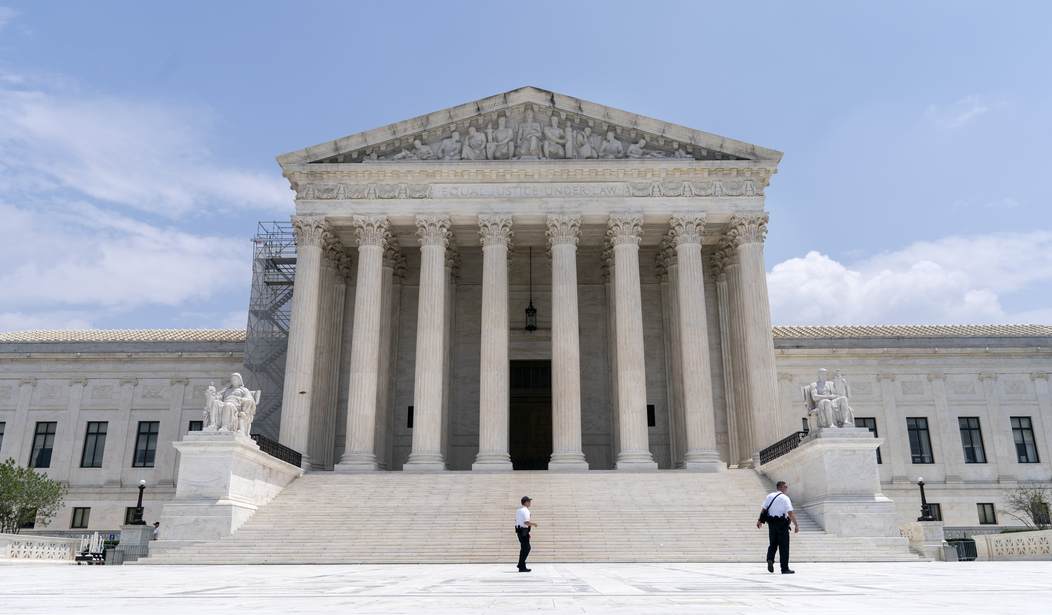On Friday, the Supreme Court of the United States handed down the decision in Mahmoud v. Taylor, a groundbreaking case surrounding parental rights in education.
The court ruled 6-3 in favor of parents who wish to withdraw their children from “woke” LGBTQ+ lessons in schools. This decision will shape the future about fundamental parental rights in public education in the United States.
The 6-3 decision is from Justice Alito. Justice Sotomayor filed a dissenting opinion, joined by Justices Kagan and Jackson. https://t.co/PaXXSgFkjg
— SCOTUSblog (@SCOTUSblog) June 27, 2025
The case surrounded a controversial policy in Montgomery County Public Schools (MCPS) in Maryland. Several parents wanted the option to opt their children out of curriculum with LGBTQ+ themes. The parents wanted this option due to their religious beliefs.
However, the school system did not allow the parents to opt their children out of these lessons. As a result, the parents, who hold religious objections to the learning materials, sued the school system, arguing that the policy infringes on their First Amendment rights.
The case shocked many LGBTQ+ advocacy groups as it made its way through the court system all the way up to SCOTUS.
From the order:
For many people of faith, there are few religious acts more important than the religious education of their children [...] And the practice of educating one’s children in one’s religious beliefs, like all religious acts and practices, receives a generous measure of constitutional protection. The Constitution protects, for example, a parent’s decision to send his or her child to a private religious school instead of a public school. Pierce v. Society of Sisters, 268 U. S. 510, 532–535. And the Court has recognized limits on the government’s ability to interfere with a student’s religious upbringing in a public school setting.
[...]
The Board’s introduction of the “LGBTQ+-inclusive” storybooks, combined with its decision to withhold notice to parents and to forbid opt outs, substantially interferes with the religious development of petitioners’ children and imposes the kind of burden on religious exercise that Yoder found unacceptable. The books are unmistakably normative. They are designed to present certain values and beliefs as things to be celebrated, and certain contrary values and beliefs as things to be rejected.
[...]
The storybooks similarly convey a normative message on the subjects of sex and gender. Many Americans, like the parents in this case, believe that biological sex reflects divine creation, that sex and gender are inseparable, and that children should be encouraged to accept their sex and to live accordingly. The storybooks, however, suggest that it is hurtful, and perhaps even hateful, to hold the view that gender is inextricably bound with biological sex.
Recommended
For too long, public schools in the United States have worked to undermine parental rights in their efforts to indoctrinate children. In some cases, school districts help students “transition” to live as another gender without informing the parents. Before this phenomenon, the issue of children being forced to read books with LGBTQ+ themes was prevalent in many districts across the country. With this SCOTUS decision, it will likely have reverberations at school districts across the country.
Earlier this year, radical left-wing president of the American Federation of Teachers (AFT) Randi Weingarten gave a stunning admission about the books at the center of the Mahmoud case.
"These are not the books I would be reading as a classroom teacher to kids who are four and six years old,” she said in a Fox News interview.
Randi Weingarten admits she wouldn't read the books parents want to opt their children out of in Mahmoud v. Taylor: "These are not the books I would be reading as a classroom teacher to kids who kids who are four and six years old."
— Kendall Tietz (@kendall_tietz) April 22, 2025
Oral arguments for the case were heard at the… pic.twitter.com/7ZKEpknQyU

























Join the conversation as a VIP Member